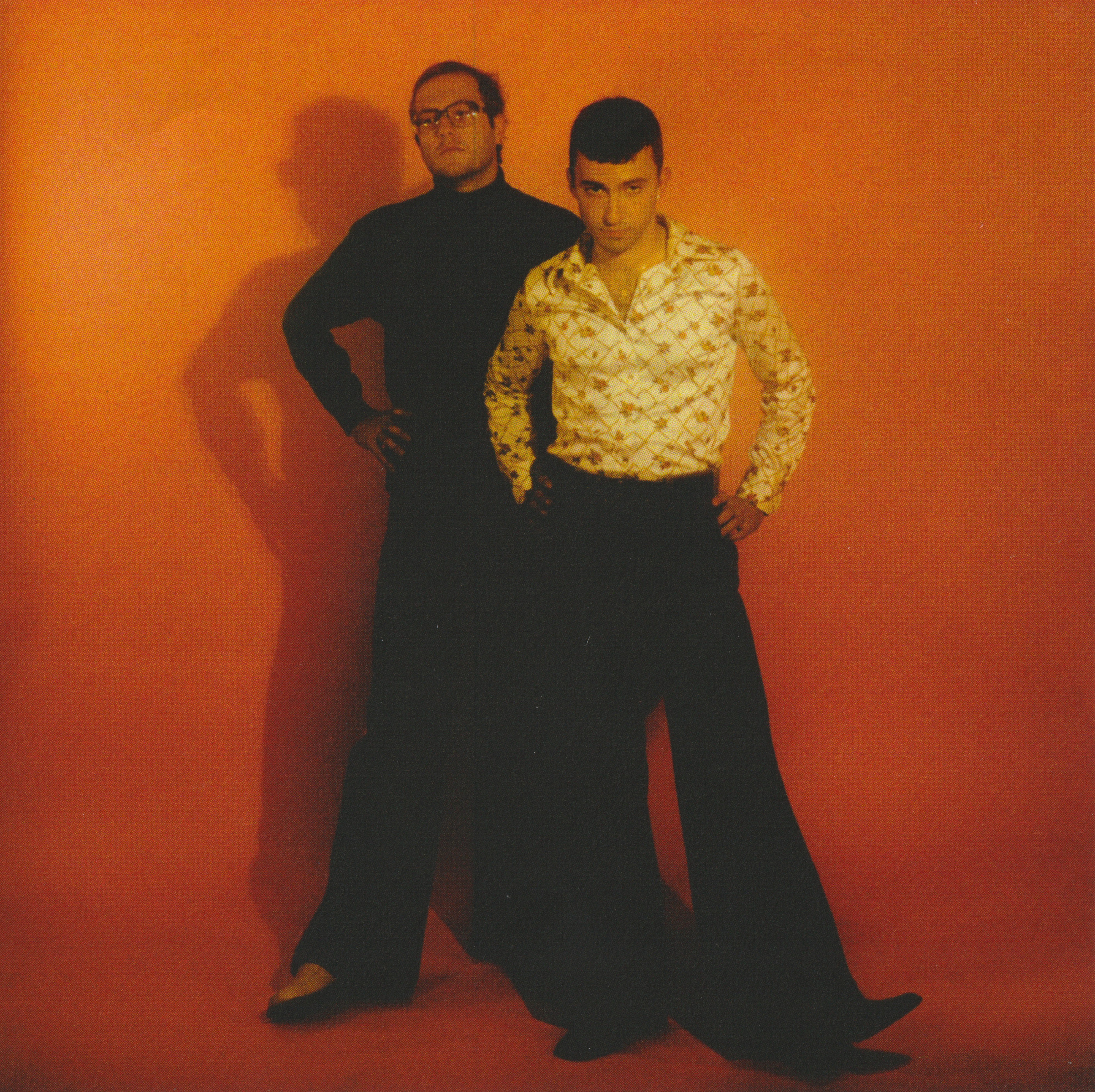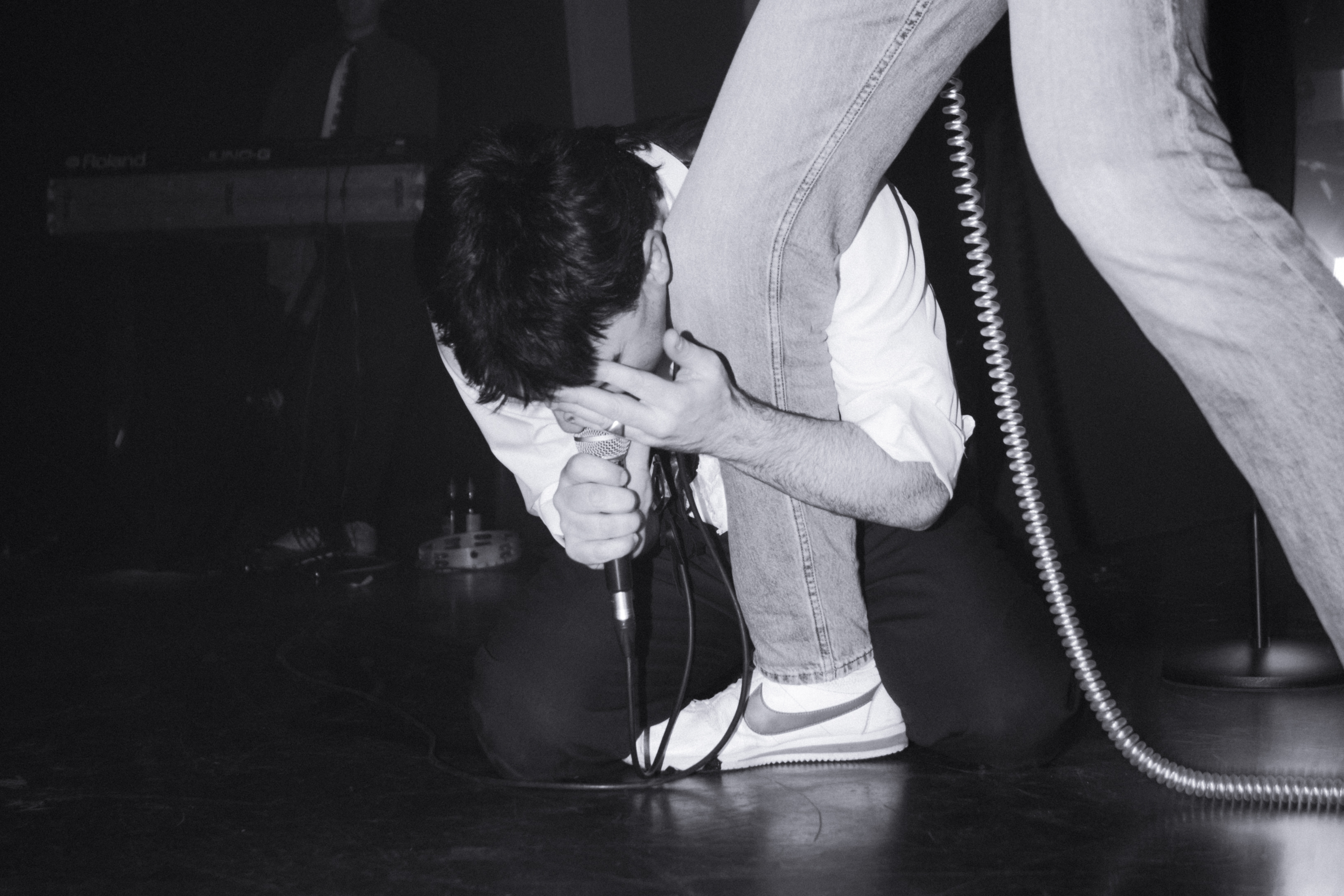Earlier this year, we launched the inaugural Abbey Road Studios Music Photography Awards, the first ever awards to celebrate the art of music photography and the talent behind the lens.
The competition ran across a series of distinct categories, with winners selected by a panel of photographers, music artists and creatives. The awards recognised 2021’s most unforgettable, unique and unsung music moments and the varied and talented photographers who captured them.
Shortlisted emerging & professional photographers were unveiled and celebrated at an exclusive awards ceremony, hosted here at
Abbey Road.
Over the last month we've profiled some of the talented photographers who participated and had their work shortlisted by our judges, including
Rankin, Shygirl, Jill Furmanovsky, Moses Sumney, Sacha Lecca, Dana Scruggs and
Simon Wheatley.
You can read some of the previous pieces in the series below:
-
Anthony Harrison-
AboveGround -
Chris Suspect (winner of the Zeitgeist Award)
-
John Lyons (winner of the Live Music Photography Award)
-
DeShaun Craddock-
Riccardo PiccirilloThis week we spoke to
Neelam Khan Vela, who was a finalist in our
Studio category, the category that showcased musicians at work and play in the studio.
Check back every Thursday as we continue to profile some of the talented photographers who participated.
Photographer spotlight: Neelam Khan Vela
“It doesn’t matter how shy or outgoing they are in front of the camera, at the end of the day a good music photographer should be able to channel the subject's energy, whatever it is, and not force an image that doesn’t represent them.” - Neelam Khan Vela
Neelam Khan Vela has been taking photos since a young age but specialised in music photography in her teens as her love for bands and music grew.
We recently sat down with the Barcelona-born, Berlin-based photographer to find out what it was like to be shortlisted for the Studio Photography Award at our inaugural Music Photography Awards, her experience within the industry so far and her approach to the lens.
How did you fall into music photography specifically?
I started taking pictures when I was quite young, it was at the same time that I started developing a passion for music and I've found that the two things have always gone hand in hand.
Growing up I would sneak my camera into all the shows that I could. I actually enrolled in photojournalism and documentary photography as I was interested in the field as a whole but soon came to realise that what I enjoyed the most was shooting gigs, it became my whole life.
I always think I could probably live without taking pictures but not without listening to music, so for me its definitely about the subject and the lifestyle not just the media.
And was there a particular image or body of work that was a major inspiration when starting out?
I can’t remember one specific image that inspired me, instead it was the whole concept of music imagary as a whole.
Since my teenage years and all the way up until the present, the walls of my room have always been filled with posters and magazine cutouts of photos of bands I love, I always dreamed of being the one who took those photos and being a part of that world.
What makes a good subject in music photography and what makes a good music photographer?
A passionate musician is the perfect subject in music photography. It doesn’t matter how shy or outgoing they are in front of the camera, at the end of the day a good music photographer should be able to channel the subject's energy, whatever it is, and not force an image that doesn’t represent them.
What advice would you give to someone getting started?
To be persistent and to challenge themselves the second they find their own work boring.
How does your approach differ when working with upcoming talent versus established artists?
They’re both tricky. Upcoming talent will usually have less experience in front of the camera and you have to make sure they feel confortable and loose.
Established artists have usually been photographed many times so it’s harder to find a way to portray them that hasn’t been done before.
Do you think there’s a genre of music that naturally lends itself to powerful portrait photography?
Not necessarily, I think it’s all about the artist and their charisma rather than the genre of music.
Do you have a preference of working on location/on tour vs in a studio? How easy is it to create “tour energy” in a studio? How easy is it to get “studio focus” on tour/on location?
I definitely have more experience in the touring/location department as it’s mainly what I did for years but during the pandemic, as I couldn’t shoot shows, I started experimenting with studio photography and I would say my preference is now 50/50.
I like the improvisation side of shooting on tour, having to make the most of what you have next to you, the endless possibilities of using those recourses for composition, etc, but I also like the perfectionist nature of shooting in a studio.
Have you ever been starstruck when photographing someone? How do you overcome that?
Yes, definitely! I guess I don’t really overcome it, I just transform it into excitement. If I’m photographing someone I feel starstruck by, it means it’s someone I admire, so I feel like it’s a huge achievement and try to make the most out of the experience.
I try to make them feel comfortable by keeping it cool and photograph them in a way that I know they will appreciate.
How has social media shaped music photography, both as a craft more generally, as well as your personal work?
Social media has ruined this craft, especially since reposting has became a thing. The artist doesn’t have to spend money to take a photographer on tour anymore as they will have so much free content to share every night after the show. It’s a shame as the quality of the documentation doesn’t even come close.
Personally I hate the idea of working hard to create an image that is going to be seen on a tiny screen for about 5 seconds and then be scrolled away.
Who is someone, alive or dead, you’d love to photograph?
My dream is to photograph Mariah Carey.
In one word, how would you describe your photography?
Precise.
How did it feel to be nominated in the Abbey Road Studios Music Photography Awards 2022?
It was really exciting! After years of dedicating my life to this career, it was very rewarding to be noticed by some of the industry's biggest names.
Why do you think it is important to create a platform like the MPAs to showcase music photography?
Within the music industry I feel like the photographers are often left without a spotlight even though they play an essential part of the artist's existence. At the end of the day you’re creating the image that people are going to remember them by, so especially now since camera phones are taking our jobs away, it’s important to shine a light on the craft.
What have you been doing since the awards? And what do you hope is next?
I’ve been involved in a few different projects, such as artwork, music videos and shooting more live shows again. I am excited for the future, I feel like I enjoy my work now more than ever. I have a craving to create more and a desire to continue experimenting, seeing what else I will make.





















